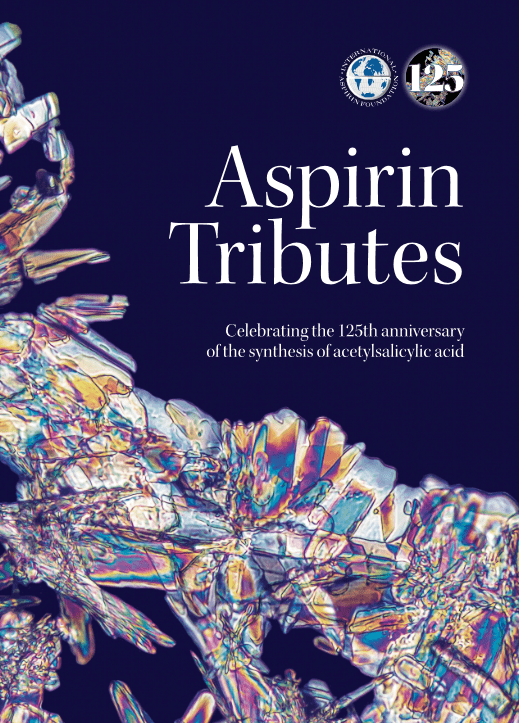In order to support the implementation of their colorectal cancer (CRC) guidelines, the National Institute for Health and Care Excellence (NICE), have published a patient decision aid to help clinicians enable people with Lynch syndrome to make fully informed choices about whether to take regular aspirin in order reduce their chance of getting bowel cancer. The decision aid carefully explains the risks and benefits of aspirin use and how it needs to be taken to help prevent colorectal cancer.
Using simple diagrams to represent 100 people with Lynch syndrome from the CAPP 2 study, the guide shows what happens to 100 people over 10 years, in terms of Lynch syndrome and CRC, if they don’t take aspirin and then the differences if they did take aspirin for at least 2 years. The guide makes it clear that we cannot identify in advance what will happen to any one individual.
In addition to the decision-making aid there is a user guide to help healthcare professionals use the tool with patients and to provide the background evidence from the CAPP 2 study that was reviewed in order to create the decision aid.
NICE produce other decision aids such as the statin patient decision aid and these are extremely useful tools for facilitating an efficient, effective fully informed decision-making discussion within the consultation. They can also be used for remote consultation if the patient opens the weblink and views the pages while discussing with their clinician.
For further information please see:
Lynch syndrome patient decision making aid:
https://www.nice.org.uk/guidance/ng151/resources/lynch-syndrome-should-i-take-aspirin-to-reduce-my-chance-of-getting-bowel-cancer-pdf-8834927869
Lynch syndrome user guide:
https://www.nice.org.uk/guidance/ng151/resources/user-guide-and-data-sources-pdf-8834927870
Statin patient decision aid:
https://www.nice.org.uk/guidance/cg181/resources/patient-decision-aid-pdf-243780159
Published: 3rd September 2020














